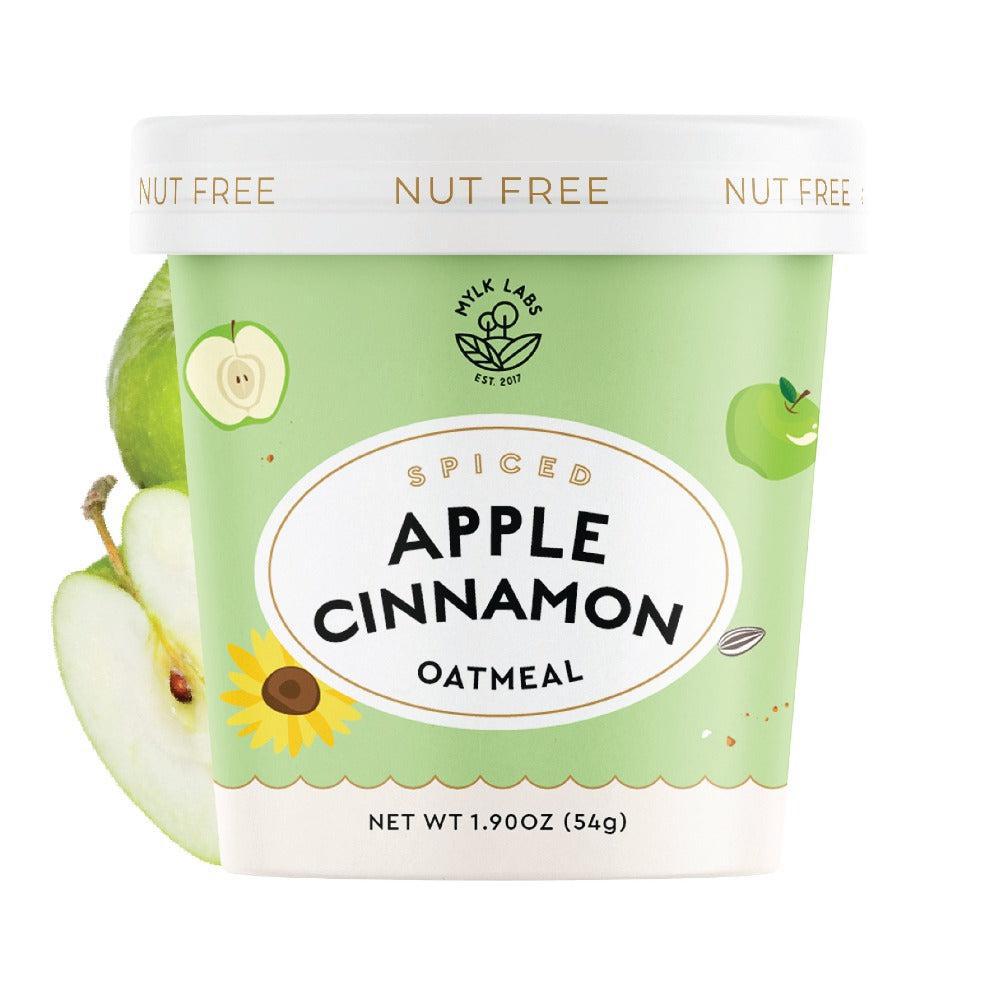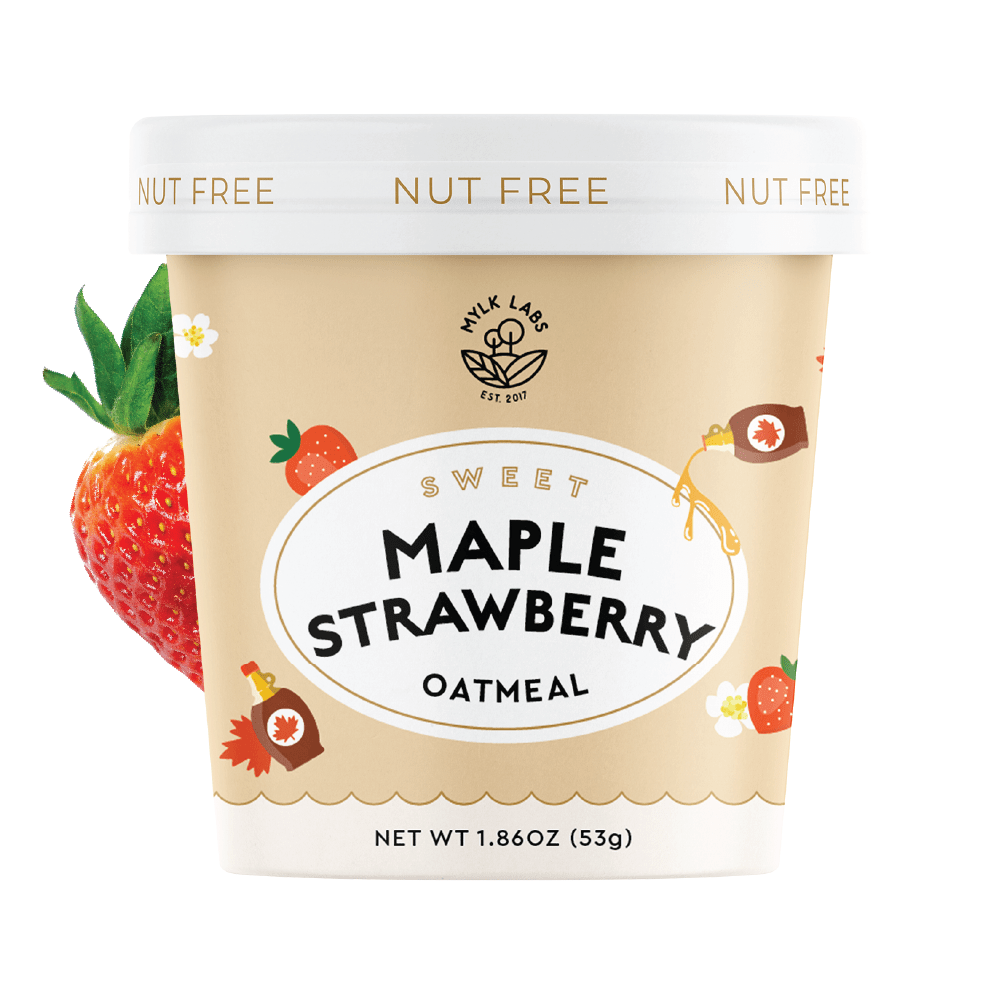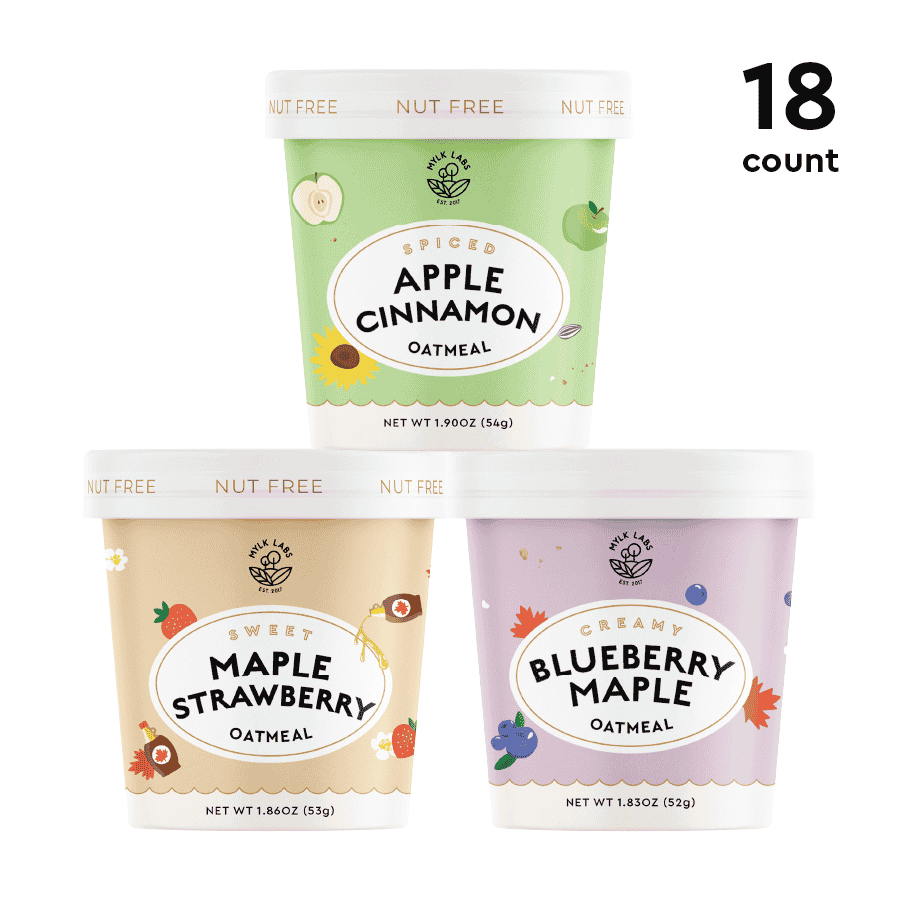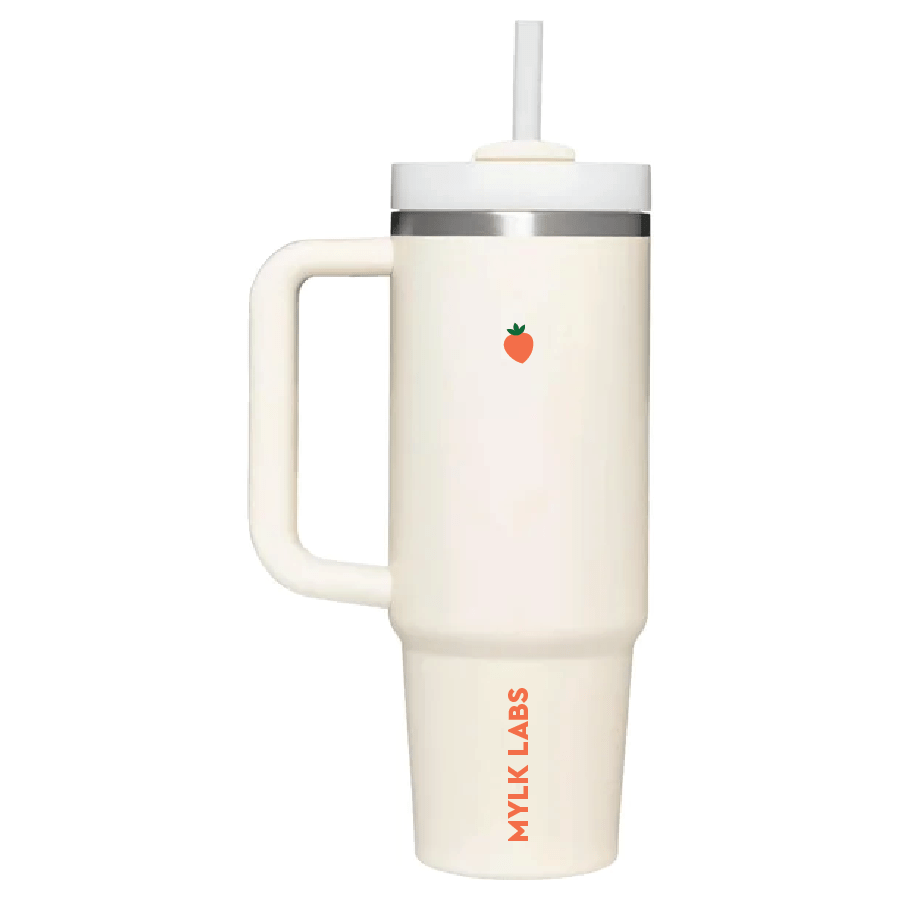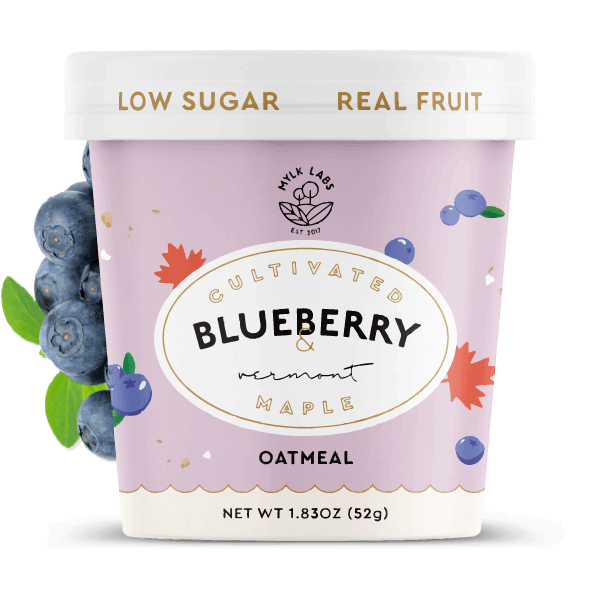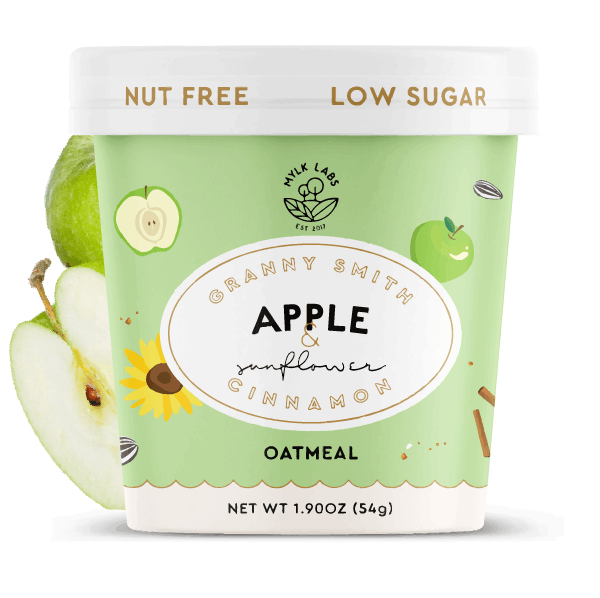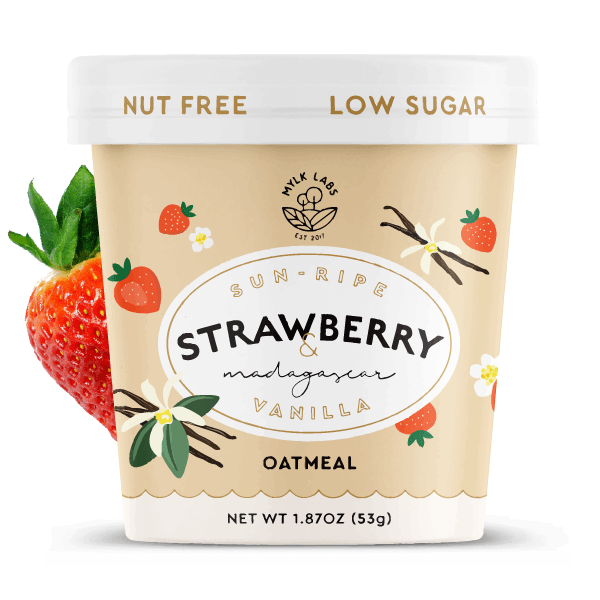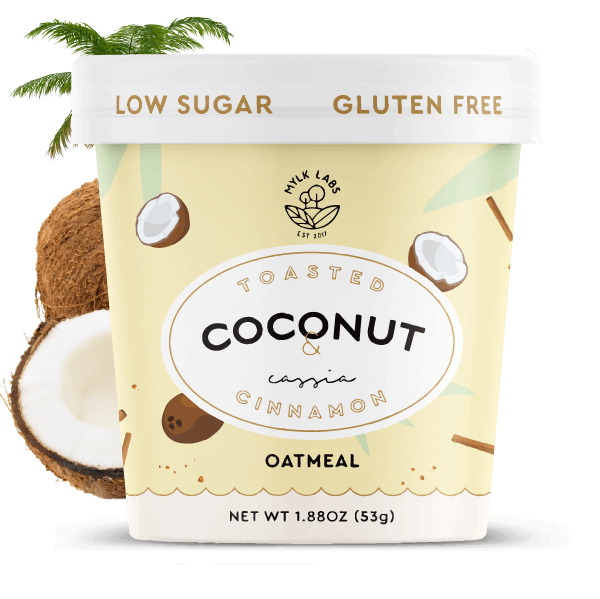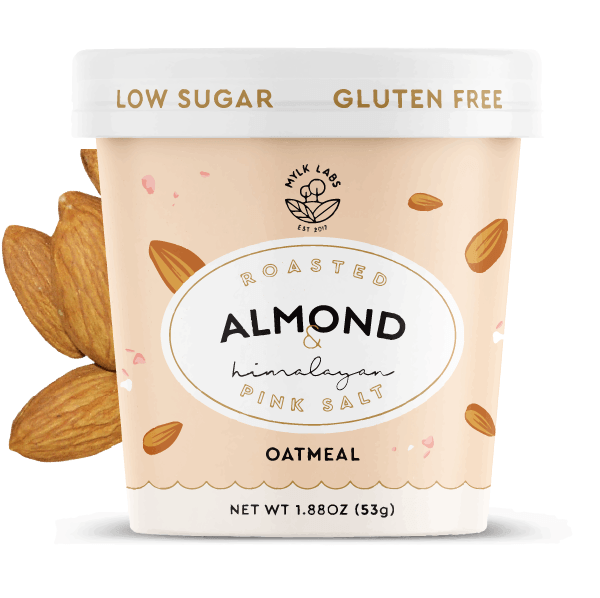Guest post by Erika Straub-- a Trauma and Anxiety Coach who holds a B.A./M.A. in Depth Psychology.
First things first, let’s set our foundation.
What is anxiety?
Anxiety is a niche form of stress that ranges from relatively mild to completely debilitating. The genesis of anxiety has a lot to do with your childhood environment, with your primary adult’s nervous systems (how stressed out were your parents), and experiences with trauma. Anxiety is essentially excess energy that is stored in your body, and your nervous system is doing it’s very best to manage this energy.

What does anxiety look like?
- Irritation
- Moodiness
- Impulsivity
- Promiscuity
- Edginess
- Withdrawal
- Worry and fear
- Panic attacks
- Disordered eating
All of these symptoms are simply ways your nervous system is trying to cope.
How is anxiety related to eating?
There is a direct correlation between your relationship with food and the experience of anxiety. Anxiety is often very uncomfortable and something we would like to “fix” or get rid of. When we feel anxious, we often look for ways to numb out or blunt how it makes us feel. Food serves as a perfect escape from anxiety, as food produces pleasure.
Binge eating, stress eating, emotional eating, by whichever name feels relevant to you, each of these behaviors is an attempt for you to self-soothe and regain homeostasis in your nervous system. While the pleasure you feel from food may be a temporary reprieve from anxiety, it doesn’t in fact reduce your anxiety long term, it only produces an addictive pattern of behavior, that becomes another thing you want to “fix” about yourself.
Controlling your eating habits is only going to increase your anxiety. The real work is managing and reducing anxiety. When we can reduce the baseline of anxiety you experience, you will organically stop reaching for food to calm you down.

What do I do when I’m feeling anxious?
Here are my top 5 tools for reducing anxiety:
1. Create a daily relaxation practice to help you ground yourself
5-10 minutes a day to start, where you turn off all electronics and stimulation, where you notice your breath and tension in your body. You may try this in a bath, out in nature, or on your living room floor doing gentle stretches, but the intention is more stillness and quiet. This will help your nervous system to release some of the built-up energy.
2. Find one safe person to talk to about how you’re feeling
Whether that be a professional or a trusted friend, we need to have a relationship where we can authentically share our stories
3. Exercise
Interval training is the best form of exercise for anxiety. Working in different heart rate zones will make you more comfortable and capable of bringing your heart rate down when you feel anxious.
4. Hydration
It cannot be understated how healing water is for our bodies. Drink at least 75% of your body weight in ounces of water daily.
5. Caffeine & Alcohol
Reduce or eliminate both caffeine and alcohol until your nervous system feels more regulated. This doesn’t need to be a permanent practice, unless you choose so, but giving your body a break from synthetic substances will help you to even out.
When you feel anxious, it’s almost impossible to feel safe in your body. My hope for you, is that with application of the tools I shared, you will be able to feel more at home in your own skin.


Erika Straub is a Trauma and Anxiety Coach and holds a B.A./M.A. in Depth Psychology. She helps women regulate their nervous systems, so they can feel safe, at home, and in love with their body and life. For resources on healing anxiety and trauma, you can find her at anxiousfemale.com or on Instagram at @_anxiousfemale
Would you like to understand your nervous system better? Check out Erika's Polyvagal Theory Ebook.



